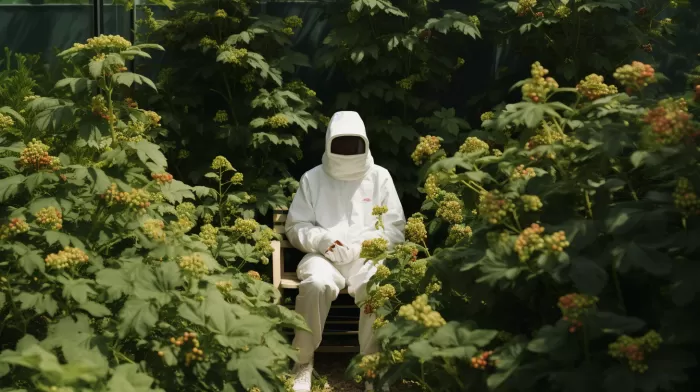Ever felt like a mosquito magnet, while others around you seem to escape without a single bite? Your body chemistry may play a role in attracting these pesky pests, along with carrying the risk of contracting a mosquito-borne illness. Taking precautions to make your surroundings unappealing to mosquitos could help minimize your risk of such diseases. A widespread issue linked to mosquito bites is the West Nile virus, which first appeared in the U.S. back in 1999. While most people can recover from it without complications, those with immune system issues or older adults can face serious difficulties.
Decrease your risk of mosquito-borne illness
You can take several steps to lower the risk of being bitten by mosquitos and decrease the chances of developing West Nile virus. It starts with the choice of plants and foliage on your property. You may want to consider the following:
- Remove honeysuckle: Mosquitos are drawn to the sweet-smelling blooms of honeysuckle plants and tend to thrive around them.
-
Plant blackberry bushes: Mosquitos carrying the West Nile virus reproduce less frequently around blackberry bushes, officially known as Rubus allegheniensis. A study at the University of Illinois at Urbana-Champaign showed that fewer mosquito larvae survive into adulthood near these bushes.
Other defenses against mosquitos
Aside from the strategic planting of bushes, you can also employ other preventive measures to ward off mosquitos:
- Reduce standing water on your property: Ensure that rain barrels are covered, don’t let puddles form for too long in bird baths or buckets, and avoid leaving garbage cans open. Standing water invites mosquitos to reproduce.
-
Use bug zappers or citronella candles: Consider placing a bug zapper close to your outdoor seating area or lighting citronella candles to keep mosquitos at bay.
-
Apply insect repellent: The Environmental Working Group (EWG) states that while Deet may not be the perfect repellent, using it is reasonable considering the consequences of West Nile virus and Lyme disease.
-
Wear light clothing: Mosquitos are more attracted to dark clothing, so opt for lighter shades when spending time outdoors.
-
Dress appropriately: Wear long-sleeved shirts and long pants when it’s mosquito season or when the insects are abundant.
While avoiding mosquito bites altogether may be difficult, taking these precautions can help minimize your risk of contracting mosquito-borne illnesses. If you do happen to get bitten, try tea tree oil, which has shown to provide some relief from itching. However, remember that the best defense is to avoid these dangerous, nasty creatures in the first place.



